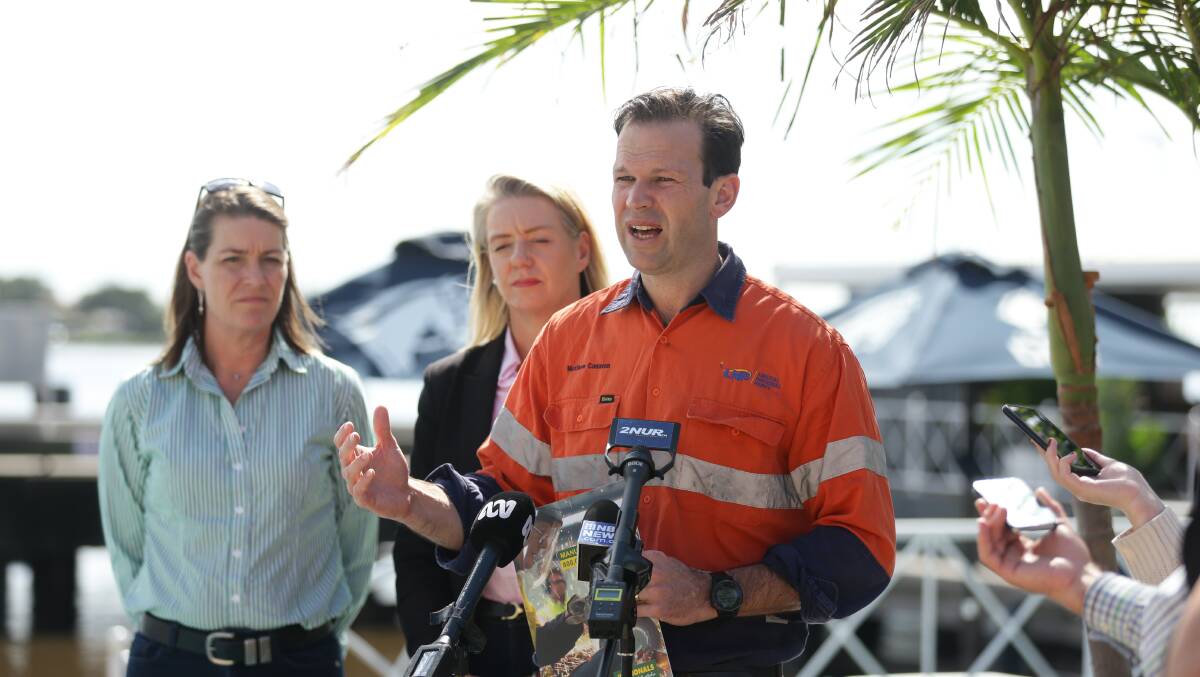
A SENIOR Nationals politician has admitted farmers are no longer the party's core constituents.
Subscribe now for unlimited access to all our agricultural news
across the nation
or signup to continue reading
Senator Matt Canavan also said landholders who took part in carbon farming - a policy the government supports - would "retire to the coast" and spend their money in "the Gold Coast or eastern suburbs of Sydney", rather than in regional communities.
The prominent Nationals backbencher made the comments on a podcast with The Guardian.
Senator Canavan said the idea the Nationals only represented the agriculture industry was a "misinterpretation" that people outside the party "fail to understand".
"Farmers are a really important constituency of ours, but they're only a small proportion of our vote in the general public," Senator Canavan said.
"About five per cent of our voters are farmers, it's about two per cent of the overall population. So 95 per cent of our voters don't farm, aren't farmers or don't own farmland."
The Senator also revealed he hates "the soil carbon stuff", because it locks up large parts of productive agricultural land and "destroys regional communities" - a claim the environmental service industry disputes.
"Suddenly there are no jobs for tractor drivers, no jobs at the feed supply shops, then fewer jobs at cafes, the petrol station, the community, and there go our towns," he said.
The income stream farmers generate from sequestering carbon into the soil would be used to "retire to the coast".
"They don't need to employ anyone anymore, the land's locked up," he said.
Interviewer Katherine Murphy challenged the Senator, pointing out farmers engaged in local consumption.
"I'm pretty sure they'll engage in consumption in the Gold Coast and the eastern suburbs of Sydney, and all those sorts of places," he said.
"Good luck to them. But it won't mean much to Mungindi, it won't mean much to Charleville or Swan Hill - what do those places do?"
Senator Canavan said he did not support a 2050 net-zero carbon emission target
"It seems like just another idea to help people who are guilty about carbon emissions net off their sins by sending the bill to country areas," he said.
"That's not a forecast of doom, that's the history. That's how we've reduced our emissions to date."
The biggest threat to the nation's future in the next 10 to 20 years was not climate change, Senator Canavan said, it was aggression from China.
"That's the biggest risk to our peace, prosperity and security," he said.
"If we're serious about reducing our emissions , that will reduce our ability to respond to that much greater threat in my view, because we'll shut down more of our industry, it will make it harder to supply more of the industrial goods we'd need in any conflict."


